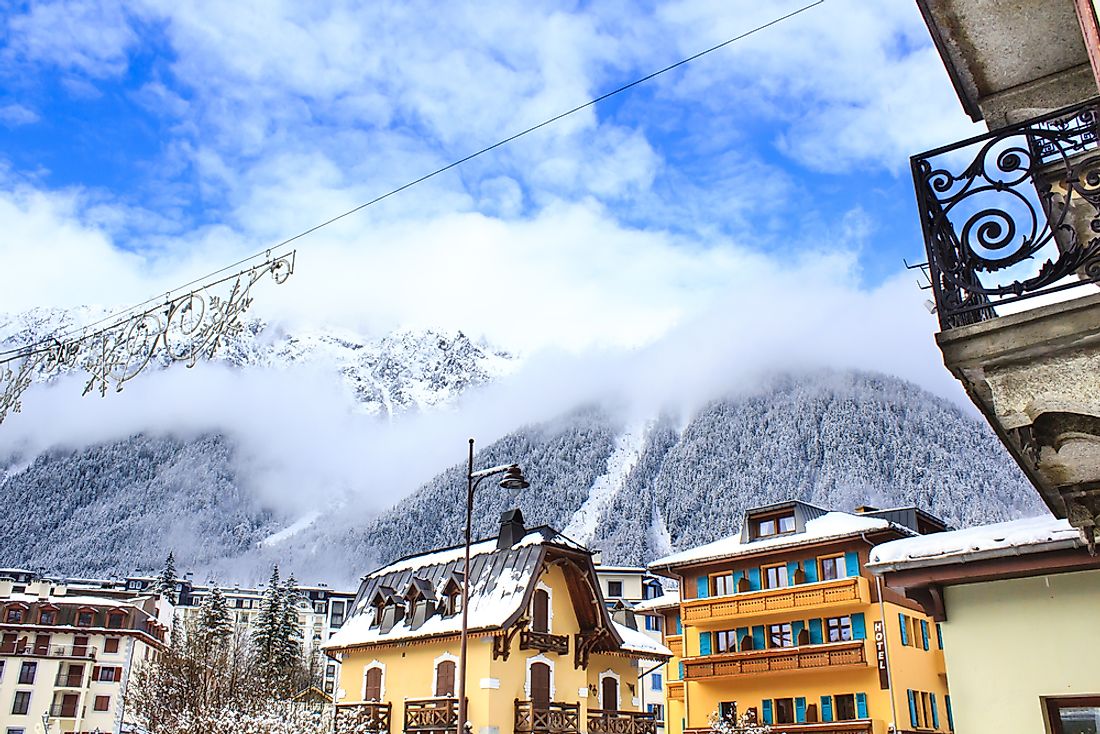When Did the Winter Olympic Games Begin?

The Winter Olympic Games include sports that take place on the snow or ice. The disciplines involved are skiing, curling, ice hockey luge and Nordic combined among others. The Winter Olympic games were initially included in the Summer Games, scheduled several months before each Summer Olympics, however it gained an identity of its own at 1924. This sporting event has grown over the recent years and its television ratings have been rising. As a result, more sponsors have been attracted to this event. This means more revenue in advertising and sale of broadcasting rights to television companies. This Olympics has a rich history behind it.
History and Development of the Olympic Games
The first Winter Olympics Games were held as an offset of the 1924 Summer Olympics in Paris, France. An "International Winter Sports Week" was held in Chamonix, France in advance of the Summer Games. It was decided in 1925 that a separate Winter Olympic Games would be held, and the previous Chamonix Sports Week became the first Winter Olympics.
The organizers wanted to maintain the identity of these sports. The sports were dominated by athletes from the Nordic countries. Nordic skiing was won by them.
The outbreak of the First and Second World Wars disrupted the hosting of events in Europe, in particular, the first World War. When it ended there was a ban put on athletes from Germany, Turkey, Bulgaria, and Hungary. Germany decided to host its own version of the Winter Olympics until it was included in the 1936 games. Alpine skiing made a debut to this games during this time. World War II was the reason for the cancellation of the Winter Games until 1948.
The first winter games to be broadcasted to an international audience was in 1955 and these rights were first sold in 1960 during the Rome Olympics. The games had new disciplines introduced into the games, such as ice skating and snowboarding, among others. This increased the popularity of the games.
The decision to stagger the Winter and Summer Olympic Games was made in 1986. The 1992 Olympics would be the last to hold both Summer and Winter Games, and as of 1994, the Games are both held on 4-year cycles, alternating every 2 years.
Controversies Surrounding the Winter Olympics
The ban on skiing teachers as they were seen as professionals saw Switzerland and Austria withdraw from the games. The former Soviet Union was also accused of sponsoring amateurs to train for the games at the expense of amateur athletes. This had put the athletes from the west at a disadvantage.
Laying on the event was also a costly concern. The citizens in Denver had voted against public funding for the games as well as the change in the regional government of Vancouver nearly stopped the games. The bidding itself was under serious doubts on its integrity. Bribes were alleged to be given in order to be awarded hosting rights.
Doping was a controversy that almost ruined it. State-sponsored doping in Russia was uncovered by an investigation by the world anti-doping agency. It has seen the ban on Russian athletes from the forthcoming Winter Olympics.
Judging of any events in the winter game was introduced at 2002 games. The dispute was between the Canadians and the Russians. The judges voting patterns took the old Cold War style. The French judge voted for the Russian in what was alleged to be in return for their vote for French athletes. The IOC had to award the two gold medals to end the impasse.
The Future of the Winter Olympics
The next game is scheduled for PyeongChang 2018 in South Korea. The doping rules are now much more strict. Hosting of future events will be limited to the cities that have the required resources. The countries to host are also required to have a legacy plan that shows the long-term plans for the future after hosting the games. The IOC will be funding part of the budget for the host city to reduce the burden.











